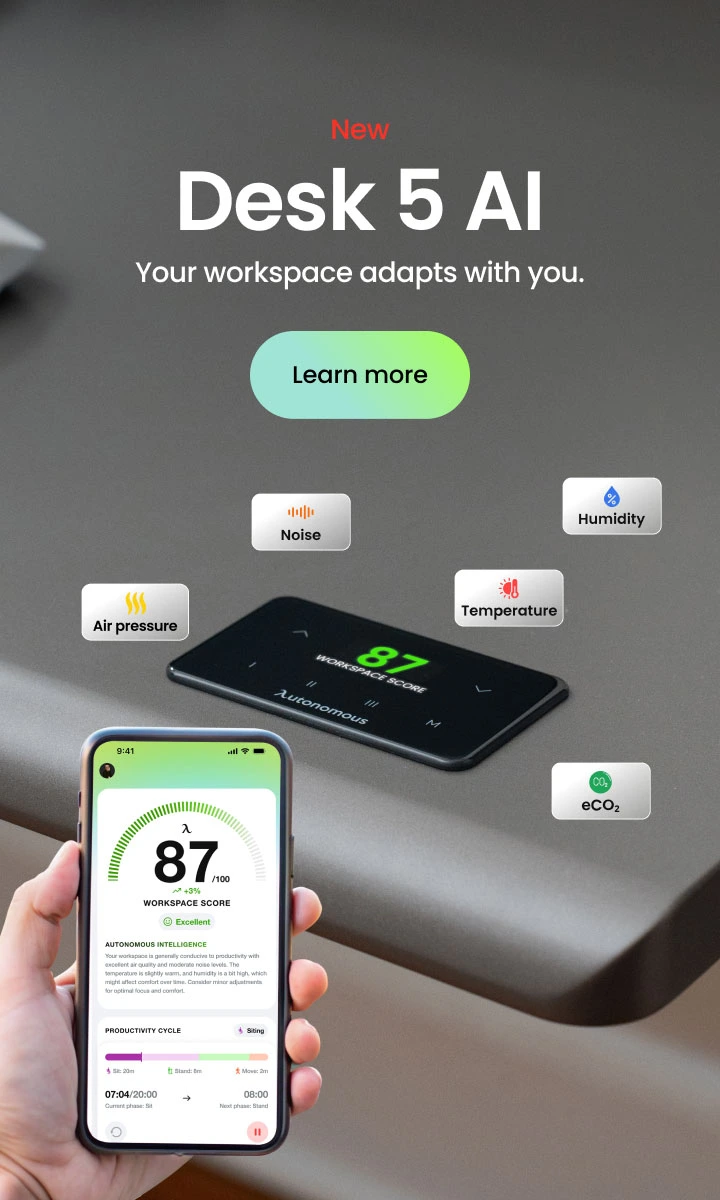
Table of Contents
When it comes to weight loss, water is often overlooked, but it plays a crucial role in helping your body shed those extra pounds. Drinking water for weight loss isn’t just about staying hydrated — it actively supports your metabolism, digestion, and appetite control. You might be wondering, how much water should you drink for weight loss and what the best time to drink water for weight loss is. The truth is, the benefits of drinking water for weight loss are far-reaching, and incorporating more water into your routine can be one of the simplest yet most effective strategies to shed pounds.
Benefits of Drinking Water for Weight Loss
- Boosts Metabolism:
Drinking water, especially cold water, can increase your metabolism by up to 30%. This means your body burns more calories, helping create a calorie deficit, which is essential for weight loss. This effect is similar to how calories in vs calories out impacts overall energy balance. For more on how calorie burning works, check out our guide on calorie expenditure.
- Reduces Appetite:
Drinking water before meals can reduce your appetite and help prevent overeating. It fills your stomach, signaling to your body that you're full, leading you to consume fewer calories. To understand more about how your body uses energy, refer to active calories vs total calories.
- Supports Digestion:
Proper hydration helps food move through the digestive system, ensuring nutrients are absorbed efficiently. It also prevents constipation, which can hinder your weight loss efforts. If you’re interested in understanding how to burn calories while sitting down, staying hydrated supports this process too.
- Flushes Out Toxins:
Water helps your body detoxify by flushing out waste and toxins, especially as you burn fat. This process aids in weight loss while reducing bloating and water retention.
- Replaces High-Calorie Drinks:
Replacing sugary drinks with water is one of the simplest ways to cut unnecessary calories. This can significantly lower your daily calorie intake, helping you maintain a calorie deficit.
- Improves Exercise Performance:
Staying hydrated ensures your body performs optimally during exercise, allowing you to work out longer and more intensely, which helps burn more calories and build muscle mass. This is important when you're tracking active calories burned during your workouts.
Understanding how many active calories you should burn each day can help you set realistic goals, and knowing the difference between active energy vs resting energy can give you a clearer picture of how your body uses calories during different activities.
The Best Time to Drink Water for Weight Loss
1. Drink Water First Thing in the Morning
After a night of sleep, your body is naturally dehydrated. Drinking water first thing in the morning kick-starts your metabolism and helps flush out toxins that have built up overnight. It’s also a great way to curb your appetite and reduce the chances of overeating later in the day.

2. Drink Water Before Meals
For office workers, drinking 16 oz of water before meals can be a game-changer in controlling your appetite. Hydrating about 30 minutes before lunch or dinner reduces the chances of overeating, especially during those busy office hours when you're often distracted by work. By drinking water first, you're more likely to make healthier food choices and avoid unhealthy snacking at your desk.
3. Drink Water During Workouts
Hydrating during your workout is essential, especially if you’re doing high-intensity exercise. Dehydration can slow down your metabolism and make it harder to burn calories effectively. Drinking ice water for weight loss during a workout can help keep your body temperature stable and improve your performance.
4. Drink Water to Control Cravings
Cravings can often be a sign of dehydration. Instead of reaching for snacks, try drinking water when cravings hit. This will not only keep you hydrated but also prevent unnecessary calorie intake.
5. Drink Water Before Bed
Drinking a glass of water before bed can help maintain hydration levels throughout the night. It also aids in digestion and supports your body’s natural detox processes while you sleep. However, avoid drinking excessive amounts right before bed to prevent waking up for frequent trips to the bathroom.

Temperature and Types of Water
Drinking hot water for weight loss may not seem like an obvious choice, but it can be incredibly beneficial. Hot water helps increase blood circulation and stimulate your digestive system, allowing for better fat breakdown and toxin elimination. It also helps to soothe your body and reduce stress levels, which can curb emotional eating.
Drinking warm water is also excellent for detoxing, as it supports your body’s natural ability to flush out toxins. You can even add a slice of lemon to your warm water for an extra boost. Lemon water not only hydrates but also contains vitamin C, which supports fat-burning and digestion.
Warm water is an ideal choice for those looking to improve digestion and increase the fat-burning process. It helps your body digest food more efficiently and promotes satiety, preventing overeating. Drinking warm water can also help soothe an upset stomach and reduce bloating — common issues that can make it harder to stick to a weight loss plan.
While drinking ice water for weight loss might not directly melt fat, it can help boost your metabolism slightly. When you drink cold water, your body expends energy (calories) to warm the water up to body temperature. This can lead to a slight increase in calorie burning, although the effect is minimal. However, ice water is refreshing and can help curb appetite, making it a great option during workouts or when you need a quick hydration boost.
Lemon water has become a popular choice for people trying to lose weight, and for good reason. It is known to help with digestion, detoxification, and fat breakdown. Drinking lemon water in the morning or before meals helps to curb hunger, boosts your metabolism, and supports hydration. The citrus in lemon stimulates bile production, which aids in the digestion of fats and helps prevent bloating. It’s a refreshing, low-calorie option that promotes healthy weight loss.
How Much Water Should You Drink for Weight Loss?
1. General Water Intake Guidelines for Weight Loss
The average recommended daily water intake is about 2.7 liters (91 oz) for women and 3.7 liters (125 oz) for men, including all beverages and food sources. However, these numbers are just a baseline. If you're working towards weight loss, your body may require more to help with fat metabolism, digestion, and appetite control.
For weight loss specifically, aiming for half your body weight in ounces is a common rule of thumb. For example:
- If you weigh 160 lbs, you should aim for 80 oz (about 2.4 liters) of water per day.
- If you weigh 200 lbs, you should aim for 100 oz (about 3 liters) of water per day.
2. Adjusting Water Intake Based on Activity Level
If you’re active and exercising regularly, your hydration needs will increase. Physical activity leads to water loss through sweat, and it’s essential to replace that fluid to keep your metabolism running smoothly. A good rule of thumb is to drink an additional 16–24 oz of water for every hour of exercise.
Hydration also helps prevent muscle cramps, supports endurance, and keeps your energy levels high, all of which contribute to a more effective workout session and faster weight loss. For example, if you’re wondering how many steps to lose weight or incorporating a treadmill for weight loss into your routine, staying hydrated helps your body perform at its best. Hydration is also key if you're focusing on fat burning StairMaster workouts to maximize your calorie burn.
If you spend long hours at your desk, a standing desk for weight loss can keep you more active throughout the day. Even when seated, simple chair exercises for weight loss can help you burn extra calories. Hydration ensures that your muscles stay energized, making these exercises more effective and supporting overall weight loss.
3. How to Track Your Water Intake for Weight Loss
To make sure you're drinking enough, consider using a water drink daily calculator. These calculators take into account your specific factors, like body weight, age, gender, and activity level, to give you a personalized daily water intake goal. Tracking your water intake using an app or a simple water reminder and tracker can also help you stay consistent.
4. Listen to Your Body
While guidelines and calculators can help, it’s important to listen to your body’s cues. Thirst is an obvious indicator that you need water, but also keep an eye on your energy levels, appetite, and overall well-being. If you’re feeling fatigued or experience headaches, you might need to increase your water intake.
For tracking your overall wellness, consider using wellness apps that help you monitor your hydration, energy, and health goals. Additionally, a strong wellness culture in the workplace can encourage employees to stay hydrated and focused throughout the day. Understanding the difference between well-being vs wellness also helps you tailor your hydration and overall health routine.

FAQs
How much water should I drink for weight loss?
The amount of water you should drink for weight loss depends on your body weight, activity level, and lifestyle. A common recommendation is to drink half your body weight in ounces of water per day. For example, if you weigh 160 lbs, aim for 80 oz (about 2.4 liters) of water daily. For more personalized hydration goals, you can use a water drink daily calculator.
When to drink water for weight loss?
The best times to drink water for weight loss are before meals and after workouts. Drinking water before meals helps reduce appetite, making it easier to control calorie intake. After exercise, water helps replenish fluids lost through sweat and supports muscle recovery.
Can just drinking water help lose weight?
While drinking water alone won’t lead to dramatic weight loss, it plays a crucial role in the process. Drinking water helps weight loss by boosting metabolism, reducing appetite, improving digestion, and replacing sugary drinks. Staying hydrated also ensures your body functions at its best during exercise, which burns more calories.
How much water to drink per day for weight loss?
For weight loss, you should aim to drink at least 2.7 liters (91 oz) for women and 3.7 liters (125 oz) for men. If you’re physically active, you’ll need to increase this amount. A water drink daily calculator can help personalize your hydration goals based on your activity level, weight, and lifestyle.
How to drink water for weight loss?
To maximize weight loss, drink water before meals, during exercise, and throughout the day. Consider drinking warm water for weight loss in the morning to kickstart digestion, or adding lemon to your water for an extra boost. Make hydration a habit by carrying a reusable water bottle and setting reminders to drink regularly.
Does drinking water help with belly fat loss?
Drinking water helps flush out toxins and supports healthy digestion, both of which can reduce bloating and make your stomach appear flatter. While water alone doesn’t target belly fat, it supports weight loss efforts by keeping your body functioning efficiently and reducing overeating.
What’s the best time to drink lemon water for weight loss?
Lemon water can be beneficial for weight loss when consumed in the morning or before meals. Drinking it first thing in the morning helps jumpstart your metabolism, while sipping it before meals helps curb appetite. The vitamin C in lemons also promotes fat breakdown, aiding in the weight loss process.
How much ice water should I drink for weight loss?
Ice water for weight loss can slightly boost your metabolism, as your body uses energy to warm the cold water to body temperature. While the effect is minimal, it can still contribute to the calorie-burning process. Drink 8 oz (240 ml) of ice water at a time for hydration, especially during workouts.
Does drinking water for weight loss work if you’re not active?
Yes, drinking water is good for weight loss even if you’re not very active. Water helps control appetite, boosts metabolism, and promotes fat burning. If you’re sedentary, it’s still essential to drink enough water to keep your metabolism running efficiently and prevent overeating.
How do I drink more water for weight loss?
To drink more water for weight loss, keep a water bottle with you at all times, set hourly reminders, and aim to drink water before meals. Flavoring your water with lemon or cucumber can make it more enjoyable. You can also use a hydration tracker or water drink calculator to stay on top of your hydration goals.
Conclusion
Drinking water for weight loss is one of the simplest and most effective strategies you can incorporate into your daily routine. It boosts metabolism, helps reduce appetite, supports digestion, and even flushes out toxins, all of which contribute to weight loss. Whether you’re drinking cold water, lemon water, or hot water, the key is consistency and finding the right hydration habits that work for you.
By understanding the best time to drink water for weight loss and incorporating it into your lifestyle — whether before meals, during exercise, or throughout the day — you can harness the full benefits of hydration. Using tools like a water drink daily calculator and hydration tracker will help you stay on top of your goals and make hydration a natural part of your weight loss journey.
So, start today! Drink more water, stay hydrated, and see how this simple habit can accelerate your weight loss results while keeping you energized and healthy.
Spread the word
.svg)








